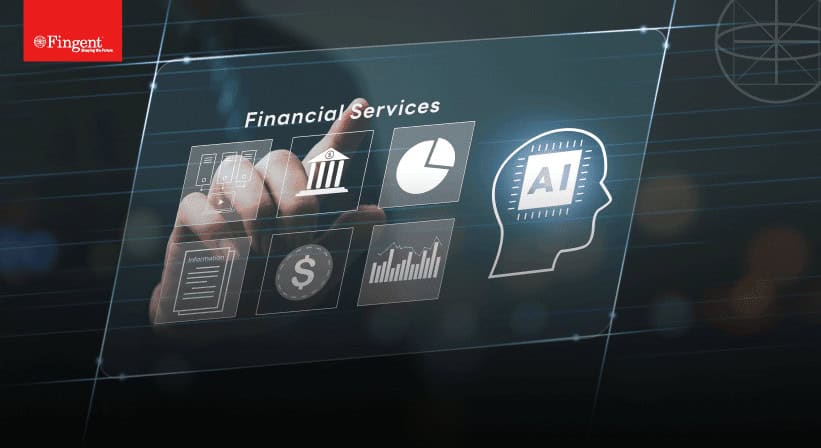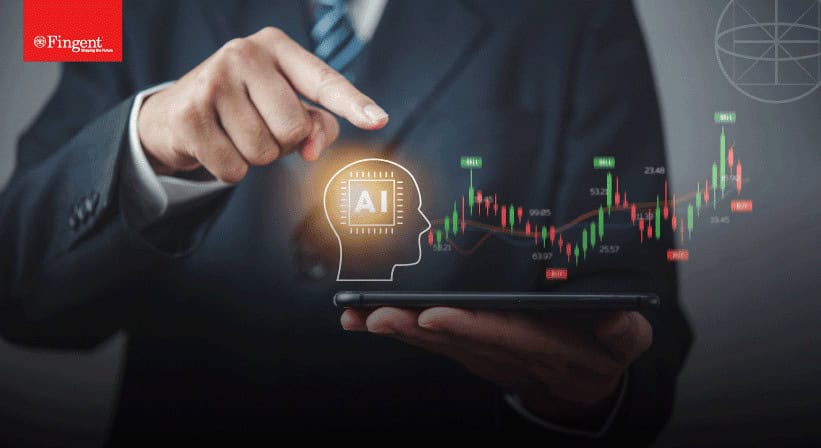How Will Artificial Intelligence Transform The World By 2030
How is AI poised to transform our future?
“Artificial Intelligence is the new electricity. It has the potential to transform every industry and create huge economic value”, says Chinese-English scientist and entrepreneur, Andrew Ng. The impact of artificial intelligence on our daily lives cannot be overlooked. From smartphones to ride-sharing apps, smart home devices, Google search, and Social media- there is hardly any industry or sector that is left untouched by AI.
There has been a huge surge in patenting of artificial intelligence in the last few years. PwC estimates that by 2030, AI would contribute a whopping $15.7 trillion to the global GDP. Analysis by the World Intellectual Property Organization (WIPO) states that the number of AI-related patent applications rose from 18,995 in 2013 to 55,660 in 2017. WIPO Director-General, Francis Gurry says that “We can expect a very significant number of new AI-based products, applications, and techniques that will alter our daily lives and also shape future human interaction with the machines we created”.
Industries such as healthcare, automotive, and financial services were the fastest to adopt AI.
Following are a few key domains that would be impacted most by AI in the coming years:
Related Reading: How AI Integration Helps Maximize Your Business ROI
AI will transform these areas in the coming years:
1. Transport
The general public would widely adopt self-driving vehicles. Apart from cars, self-driving vehicles would also include delivery trucks, autonomous delivery drones, and personal robots. Commutes may shift towards an on-demand approach like the Uber-style “cars as a service approach”. Commute-time would be viewed as a time to relax or just another way to work productively. People would live further away from their homes, reducing the need for parking space. This would change the face of modern cities.
However, enhanced connectivity, real-time tracking, traffic gauging, route calculations, peer-to-peer ride-sharing, and self-driving cars would be impossible without personal user data. This calls for the need to implement more stringent measures to secure the data and privacy of citizens.
2. Home/ service robots
Robots have already entered our homes in the past fifteen years. Recent advances in mechanical and AI technologies substantiate the increasing safety and reliability of using home robots. In the foreseeable future, we can expect special-purpose robots to deliver packages to our doors, clean offices and enhance security.
We are already familiar with the vacuum cleaning robot – Roomba, which has gained its place in millions of homes across the world. The AI capabilities of these kinds of robots are being increased rapidly with drastic improvements in the processing power and RAM capacity of low cost embedded processors. Low cost and safe robot arms are being used in research labs all over the world. Further advances enabled by deep learning will enable us to better interact with robots.
3. Healthcare
Healthcare is a promising domain for the use of AI technologies. AI-based applications have started gaining the trust of doctors, nurses, and patients. By revising the policies and other commercial regulations regarding the development and usage of such applications, AI can be used to improve health outcomes and quality of life for millions of people in the coming years. Patient monitoring, clinical decision support, remote patient monitoring, automated assists to perform surgeries, and healthcare management systems are some of the potential applications of AI in healthcare.
4. Education
AI has the potential to enhance education at all levels, by providing personalization at scale. While computer learning will not replace human teachers, Massive open online courses (MOOCs) will help students learn at their own pace with techniques that work for them. AI technologies such as Natural language processing, machine learning, and crowdsourcing are giving an impetus to online learning. If these technologies can be meaningfully integrated with face-to-face learning, AI will find more applications in our classrooms.
5. Entertainment
AI has already transformed this domain to a considerable extent. AI-driven entertainment is gaining huge traction and response from the masses with overwhelming enthusiasm. AI-enabled entertainment will become more interactive, personalized and engaging by 2030. However, the extent to which technology replaces or enhances sociability is debatable. More research is required to understand how to leverage these attributes of AI for the benefit of society.
Related Reading: Building Incredible Mobile Experiences by Combining AR and AI
Concerns about AI
Advances in AI have already impacted our lives. However, you may also have heard of the dire predictions regarding AI made by some of the brightest minds such as the late scientist Stephen Hawking and Elon Musk (Tesla and SpaceX chief). Pew Research Centre surveyed some 979 technology experts to find out whether advancing AI and related technology would help or harm humanity. 63% of the respondents were hopeful of a better future in 2030. Many of them said that all would go well only if the concerned authorities paid close attention to how these tools, platforms, and networks are engineered, distributed and updated.
Following were the concerns that were mentioned most often:
- Individuals would lose control over their lives due to the use of AI
- Surveillance and data systems that favor efficiency over human betterment would be dangerous.
- AI would cause millions of people to lose their jobs leading to economic and social upheaval.
- As people continue to depend on AI, their cognitive, social and survival skills would be diminished.
- Cybercrime, cyberwarfare and the possibility of essential organizations being endangered by weaponized information would open new facets of vulnerabilities.
Overcoming the concerns
Following are a few solutions to take positive advantages of AI:
- The global population should join hands and create cohesive approaches in tackling AI’s challenges.
- The development, policies, regulation, and certification of autonomous systems should undergo essential transformations to ensure that any kind of AI development would be directed towards the common good.
- Corporate and government organizations should shift their priorities towards the global advancement of humanity rather than profits and nationalism. AI advances should be aimed at human augmentation, regardless of economic class.
Nicholas Beale rightly said, “AI done right will empower.” As artificial intelligence continues to be embedded in most human endeavors, let us make broad changes for the better. Let us be more thoughtful about how these technologies are implemented constructively.
If you would like to know more about Fingent’s development and implementation approach on AI, give us a call.
Stay up to date on what's new

Recommended Posts

03 Jul 2024 Financial Services
AI in Business: Preparing Leaders For The Revolution
AI in Business is a present reality! It’s a building revolution that is all-encompassing and is redefining business operations. You have only two options. Either ride on the crest of……

20 Jun 2024 Healthcare B2B
AI in Healthcare: Enhancing Patient Outcomes and Experience
Artificial Intelligence is a multi-talented assistant and has proven its worth in the healthcare industry. Healthcare organizations have found innumerable ways to use AI, from record maintenance to patient assistance.……

08 May 2024 Financial Services B2B
AI in Financial Services: Use Cases and Applications
Achieving perfection is no easy process. It is not impossible either. It takes a lot of effort and hard work but with the help of Artificial Intelligence, this process can……

24 Apr 2024 B2B
A Leader’s Blueprint for AI Success
How Are Businesses Using AI? The verdict is crystal clear—leaders today must embrace AI solutions to stay ahead of the curve and survive in the rapidly evolving business landscape. AI……
Featured Blogs
Stay up to date on
what's new












